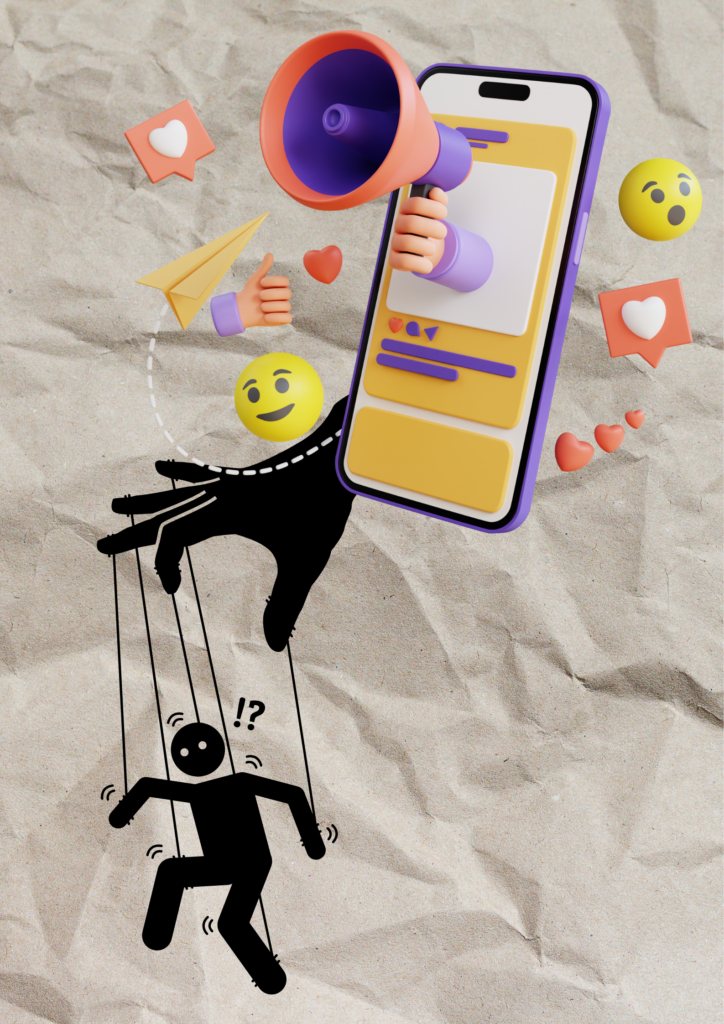Avoiding Toxic Content: A Guide to Mindful Consumption

The Problem of Information Overload
In today’s digital age, information overload is a common problem. With an endless stream of content available, it’s easy to encounter harmful material that negatively affects our mental and emotional health.
Cultivating Mindfulness in Media Consumption
One effective approach is to cultivate mindfulness in media consumption. By being aware of our thoughts and feelings while engaging with content, we can better identify and avoid triggers. Mindfulness also helps develop self-awareness and resilience, making it easier to navigate the digital landscape without being overwhelmed by harmful content.
Curating Our Online Spaces
Another strategy is to carefully curate our online spaces. Following accounts and subscribing to channels that promote positive and uplifting content can create a more supportive online environment. Additionally, being selective about social media algorithms can significantly reduce exposure to toxic material.
Setting Boundaries and Taking Breaks
Setting boundaries is also crucial. This means establishing limits on screen time, especially before bed, as exposure to negative content can disrupt sleep and contribute to anxiety and depression. Taking breaks from social media allows us to disconnect and recharge.
Developing Healthy Coping Mechanisms
Developing healthy coping mechanisms is also essential. Engaging in activities that promote relaxation and well-being, such as exercise, meditation, or spending time in nature, can help us develop resilience and cope with the negative effects of toxic content. Seeking support from friends, family, or mental health professionals can provide valuable guidance and encouragement.
In conclusion, avoiding unintentional consumption of toxic content requires a combination of mindfulness, curation, boundaries, and healthy coping mechanisms. By implementing these strategies, we can create a more positive and supportive online environment and protect our mental and emotional well-being.




















